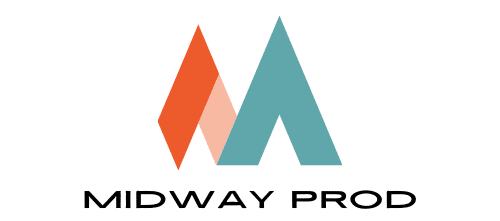Examining AI ethics: challenges and dilemmas

The crazy breakthrough in artificial intelligence raises many questions among players in the field. While some think there is no cause for alarm, others are calling for deep reflections on the future of this revolutionary technology. Ethical concerns therefore emerge regarding its use and implications, as well as complex dilemmas on many aspects. If artificial intelligence fascinates you, discover the ethical challenges and dilemmas that accompany it.
The ethical challenges of AI
The ethical challenges linked to AI are numerous and complex. The latter also reflect the diversity of applications and impacts of this technology. Among these challenges, one of the main concerns is the impact of AI on employment. With images generated by AI, the jobs of graphic designers and designers are in serious danger. This therefore leads to job losses, which will have the consequence of accentuating social inequalities.
Avez-vous vu cela : Can we predict earthquakes with advanced technology?
Another ethical definition is that linked to the originality of the works produced, in particular the texts and images. Since they are generated from existing data, we can question the originality of the works produced. It is also complex to determine the ownership of this content. This may well be the AI, its designers, the individual who initiated the creation of the work or even the author whose original work served as a model.
AI is also responsible for many systemic biases, the best known being sexual or gender bias. An AI used to assist a recruiter may, for example, favor male candidates based on biased historical data. Racist or socio-economic prejudices may also be taken into account.
Sujet a lire : What does the rise of quantum cryptography mean for security?
Further, concerns are raised about privacy and data protection. Users of different AI-based tools have little control over their personal data.
The integration of artificial intelligence in areas such as health and justice is also widely criticized since its decisions can affect people's lives. In this case, for example, a dilemma about moral responsibility arises. In the event of damage, who will be held responsible? AI, its designer or the establishment that adopted it?
Some approaches to overcoming ethical challenges
If some actors recommend stopping all development of artificial intelligence, it must be admitted that this solution is not realistic.
To overcome the ethical challenges posed by the AI boom, we simply must promote a human-centered approach to its development and use. This involves ensuring transparency, accountability and public participation throughout the process of implementing AI technologies.
Furthermore, it is necessary to regulate the use of AI to ensure that it complies with established ethical and legal standards. This involves putting in place effective regulatory and governance mechanisms.
Finally, it is also essential to promote ethical research and development in the field of AI. This will require encouraging interdisciplinary collaboration between experts in technology, ethics, social sciences and law.
